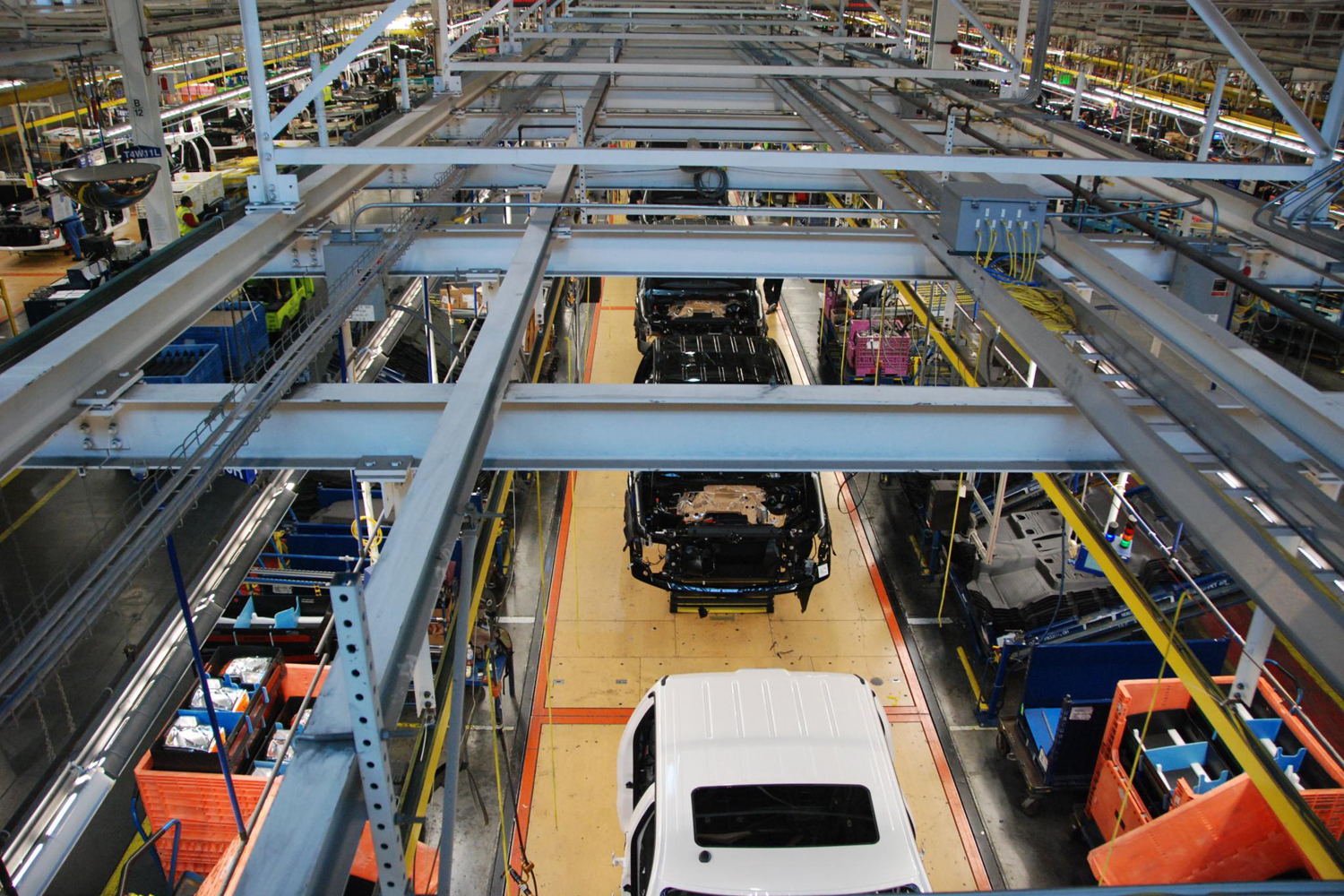The global automotive industry is looking at a $210 billion loss in revenue for the year due to a semiconductor chip shortage that's not likely to end soon.
A new report from AlixPartners, a worldwide consulting firm, shows the scarcity of chips is proving to be more devastating than first anticipated. This has led the company to revise its previous loss estimates of $110 billion made in May and an initial loss of $60.6 billion in late January, International Business Times said.
“Chips are just one of a multitude of extraordinary disruptions the industry is facing—including everything from resin and steel shortages to labor shortages," Mark Wakefield, global co-leader of the automotive and industrial practice at AlixPartners, told International Business Times. “There’s no room for error for automakers and suppliers right now. They need to calculate every alternative and make sure they’re undertaking only the best options.”
AlixPartners also increased its prediction of production losses for 2021, putting the total projected decline at 7.7 million units, up from the 3.9 million drop forecast back in May, CNBC reported.
“Of course, everyone had hoped that the chip crisis would have abated more by now, but unfortunate events such as the COVID-19 lockdowns in Malaysia and continued problems elsewhere have exacerbated things,” Wakefield said.
The chip shortage has resulted in automakers temporarily closing plants due to disrupted production schedules, which in turn has meant vehicle delays. Some manufacturers have been forced to produce vehicles without chips, International Business Times reported.
“The second quarter of this year is still the worst of chip shortage so far in terms of lost vehicles,” Dan Hearsch, a managing director in the automotive and industrial practice at AlixPartners, told CNBC. “But what’s changed is that the auto industry globally simply hasn’t recovered as quickly as we thought when we did our forecast back in May due to unforeseen things since then, like the rise of the Delta variant and the COVID breakouts in Malaysia and other Southeast Asian countries.”
AlixPartners predicts the shortage will last into the second quarter of next year, but may persist longer, CNBC reported.
“Virtually any shortage or production interruption in any part of the world affects companies around the globe, and the impacts are now amplified due to all the other shortages,” Hearsch said.
Demand for semiconductor chips grew last year during COVID lockdowns, which spiked the need for technology. Chips are also key to the production of electric vehicles, which consume more than other cars, International Business Times reported.

